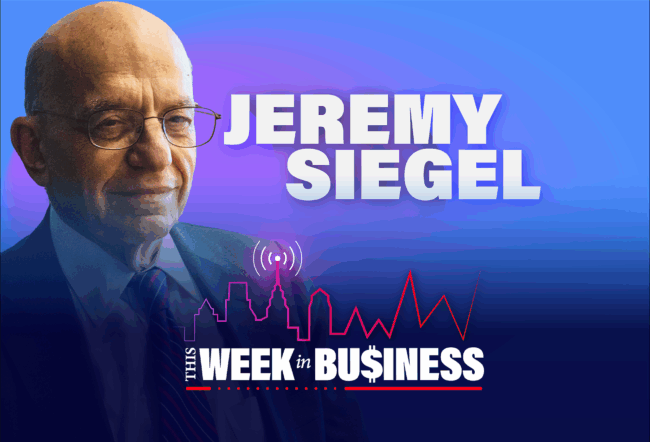 Occupy Wall Street is moving beyond the park — literally and figuratively. The protest that started an international movement was kicked out of Zuccotti Park by New York City police earlier this week, after camping there for two months to demonstrate against growing economic inequality in the United States. On Thursday, as part of a “day of action,” activists attempted to stop the opening of the New York Stock Exchange and marched throughout the city. Other demonstrations by Occupy offshoots took place across the country, including St. Louis, Portland, Ore., Miami and Detroit.
Occupy Wall Street is moving beyond the park — literally and figuratively. The protest that started an international movement was kicked out of Zuccotti Park by New York City police earlier this week, after camping there for two months to demonstrate against growing economic inequality in the United States. On Thursday, as part of a “day of action,” activists attempted to stop the opening of the New York Stock Exchange and marched throughout the city. Other demonstrations by Occupy offshoots took place across the country, including St. Louis, Portland, Ore., Miami and Detroit.
But where should the movement go next, in terms of setting its agenda? “We have views that range from the most liberal to the most conservative,” activist and Occupy Wall Street spokesperson William Buster said Tuesday as part of a panel discussion on the movement held at Wharton. “It’s not any easier for us to have conversations than it is for Congress…. The only difference is that we continue to listen and continue talking to each other. This is going to be a long process. This is the start of a dialogue.”
The movement has spent much of its time being reactive, Buster said, including trying to aid activists arrested by police. And within the camps, there has been an evolution where “we weed out the real workers from the hangers-on.” At the panel discussion, Buster, University of Pennsylvania urban studies professor Andrew Lamas, finance professors Franklin Allen and Gregory Nini, and management professor Witold Henisz, talked about the movement’s origins and impact — and where it goes from here.
Nini said there are several areas where Occupy Wall Street could push for reforms or work to gain support. “The legal system has a role in helping to curb corruption, and right now there is an important debate going on about the legal liability of banks prior to and during the crisis,” he noted. “Shareholders of banks also play a role; corporations are run by the people and, ultimately, they have a responsibility to shareholders.”
The financial services industry has spent an “enormous amount of money” to gain influence with politicians and regulators, Allen said, which contributed to the fact that the sector has faced few consequences for practices contributing to the recession. “Occupy Wall Street is not happy that this group got an unfair advantage. It’s supposed to be a competitive industry, but it isn’t because you can’t make such great amounts of money in a competitive industry.”
Although corruption is a problem, Lamas said the larger issue is that the richest Americans have been able to build wealth in terms of net worth, while most people in the lower and middle classes have not. According to the Pew Research Center, median net worth of white households declined 16% from 2005 to 2009. The decline was much steeper in black (53%) and Hispanic (66%) households, which already had a significantly smaller median net worth in the first place ($6,325 for Hispanic households in 2009 and $5,677 for black households, versus $113,149 for white households)
“The American dream, to an extent, is based upon ownership and the only ownership offered to society at large is home ownership,” Lamas noted. “But this is not how you build wealth. Nobody in finance builds a wealth strategy around the home. If you can’t build wealth through being a homeowner and they’re not letting you build it at work, how are we going to change this data? We’re not.”
Henisz said he was surprised that more leaders in the business and government sector haven’t spoken in support of the Occupy movement’s efforts to address growing inequality. In American history, there have been “enormous gains in addressing inequality because movements have also developed in terms of education…. We’re not even getting conversations going about what could be done and how to move the movement forward. Walls have been built, and there’s the sense that the [Occupy activists] are seen as radicals. That’s a lost opportunity.”
The negative reaction comes because the movement is tough to label, Buster suggested. Outsiders are “not sure what we are and what we stand for because we’re not brandable in the way they’re used to. I’ve never seen so much fear inspired by people talking in the park.”



